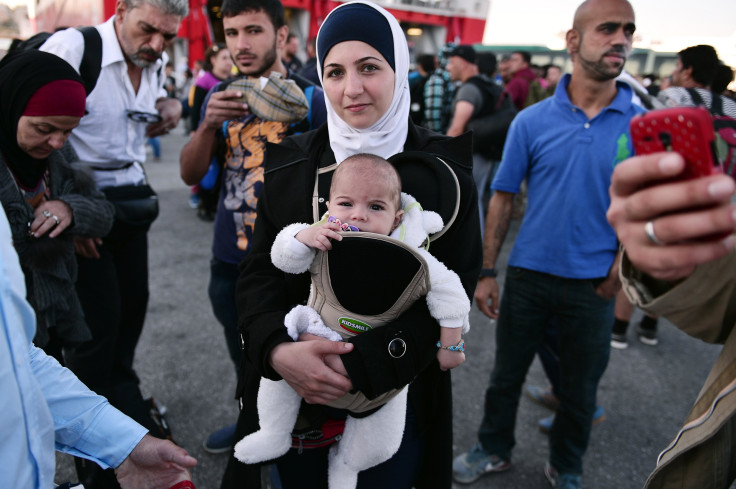Greek Coast Guard Recovers Body Of Migrant Baby On Island Of Kos

ATHENS, Greece -- Greece's coast guard recovered the badly decomposed body of a baby Sunday on the shore of the island of Kos, a major entry point into the European Union for thousands of migrants and refugees who cross the Aegean Sea from nearby Turkey. Believed to be a boy aged between 6 months and 1 year old, the infant was dressed in green trousers and a white T-shirt when discovered near a seaside hotel, a coast-guard official said.
The coast guard did not give the baby's nationality.
Thousands of refugees — mostly from Syria, Iraq and Afghanistan — attempt the short but perilous trip by boat, often in rough seas due to poor weather.
Almost 400,000 people have arrived in Greece this year, the United Nations refugee agency said Friday. They have overwhelmed the crisis-stricken government's ability to cope. Most have rapidly headed north toward Germany.
Photographs of 3-year-old Aylan Kurdi, a Syrian toddler whose lifeless body was washed up in early September on a beach in the Turkish resort of Bodrum, about 2.5 miles from Kos, shocked the world's conscience and focused attention on the plight of refugee families.
Greek Prime Minister Alexis Tsipras has made the migration issue a top priority for his re-elected government and discussed it in a phone call with German Chancellor Angela Merkel and Austrian Chancellor Werner Faymann Saturday.
Germany and Austria committed to support Greek efforts to secure more European Union funds to cope with the influx and boost staff at the EU agencies dealing with borders and refugees that are operating on the ground, Tsipras' office said.
(Reporting by Renee Maltezou; Editing by Paul Taylor and Gareth Jones)
© Copyright Thomson Reuters {{Year}}. All rights reserved.





















